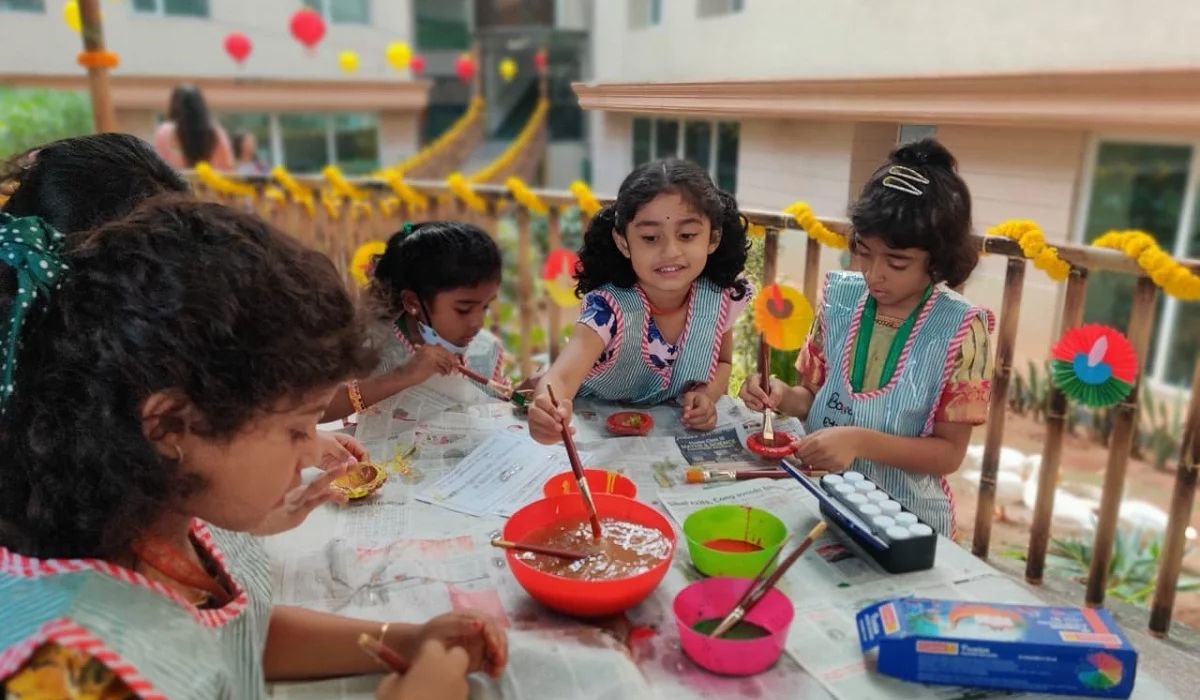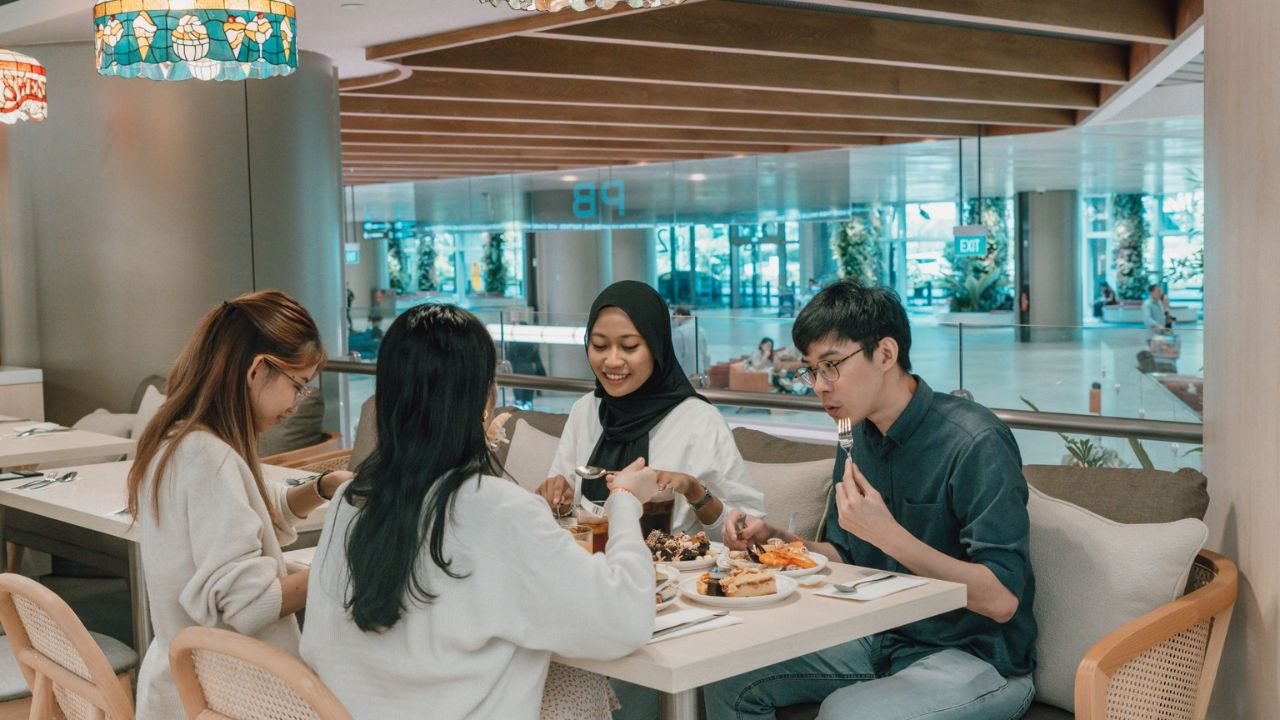Whether it is Christmas, Hanukkah, Diwali, Eid al-Adha almost every week somewhere in the world various beliefs and religions are celebrating the changing of the year by highlighting various events, cooking special dishes and meals and enjoying time with family and friends. These festivities, besides marking that unending cycle of time, play a key role in ensuring social cohesion and family bonding. The value of community is being eroded more than ever before, family units have broken up and an ever-increasing number of people are becoming isolated despite instant communication and a diminishing world. It is essential that that sense of community, however broad and dispersed, shall go on, and to do so it must make the time and trouble to go on celebrating these festivals. The advantages are numerous. We indicate below the numerous ways through which annual celebrations enhance and benefit social cohesion.
Mutual Identity and Belonging
The majority of celebrations are usually based on cultural, religious, or national identities, which provide people with a way to associate with their roots and belonging. By attending such events, it will affirm their belonging and pride in their cultural or national identity. This leads to the strengthening of family and community ties. The problem is that today many families lead a disjointed life, as they move to other towns, cities, and even countries pursuing personal dreams and careers. All too easily, though, you can lose that intimacy and the relationships you had may become watered down. Once a year events, like Christmas or Easter, provide all of us with the incentive to make the time and effort to reconnect and reunite with those with whom we have family and community linkages. It will make you realize the things that you have decided to do, and many times, provide you a chance to look back and be thankful.
Transmission of traditions and values
One of the ways through which cultural and societal values are passed on, through generations, is during annual celebrations. They initiate younger members on their history, traditions and the relevance of upholding such practices thereby guaranteeing continuity of cultures. In the multicultural setting, it is essential that individual cultures re-visit their value propositions so that others of different cultures can have teaching moments, and to demonstrate some of the foods and customs that inspire your own communities. This brings about a comprehension between the various demographics encouraging social balance and tolerance.
Producing Group Memories
And how many a domestic chat begins with those immortal words Do you remember when? Joint experiences in festivities generate collective memories which lead to a group identity. Such memories are usually treasured and shared, which reinforces the emotional bond between members of the community. But not only this, celebrations can also offer happiness and relief in a world that is usually full of stress and always overwhelming. Planned celebrations are a change of pace, a mandatory vacation that prevents the phone to ring, to break the spell of obligations of a job with a lot of pressure. This good environment can enhance a good mental state and general well being which is very vital to the well being of you and your family.
Shared Prosperity and Economic Benefits
What they fail to realize is the fact that these festivities contribute a lot to the economy. Most of the festivals come with huge economic consequences as they create commerce in the local businesses, crafts people as well as service providers. This economic stimulus can be used to improve the welfare of the communities and it gives the feeling of common wealth. Studies show that the Americans are going to spend over 1 trillion dollars in their Christmas festivities.
Chance of Reflection and Renewal
This just contributes to the total contribution towards the wellbeing of an individual whether economically or emotionally and physically. Be it re-establishing contact with the rituals and symbols of the yearly celebrations, or reconsidering the profound meanings behind these, people tend to get a new sense of stability and continuation in an otherwise fast-paced world. This can be comforting, build stronger bonds within a community, as well as enhance wellbeing.



